Hal Ehwal Akademik
Pengantarabangsaan UCAM
Students have the opportunity to meet people from various cultures and ethnic backgrounds and develop a cross cultural understanding among themselves.
Serta merupakan agensi milik Kementerian Pembangunan Luar Bandar.
The Life And The People
Malaysia with its abundant natural beauty and wondrous diversity in scenery, is a heaven for adventure and nature lovers. Easy accessibility, on-going conservation efforts and beautiful nature spots all contribute to making Malaysia a premier echo-tourism destination. Almost three-fifths of Malaysia 330,433 square kilometre land mass is covered by some of the world oldest tropical rainforests which are home to a variety of exotic flora and fauna. Cascading waterfalls, rapid rivers, serene lakes, picturesque mountains, secret caves, bountiful seas, kaleidoscopic coral reefs, and scenic islands, all offers something for everyone.
The Malays, Chinese, and Indians, each with their own distinct identity, coexist most harmoniously. The ability of Malaysians to live harmoniously together and adapt to such a diversified culture reflects their unique characteristic of being friendly and tolerant towards one another. This characteristic is also extended to foreigners, making it easy for them to assimilate with the society. Thus, there will not be any difficulty for international students to adapt to the local people, their way of life, and surroundings
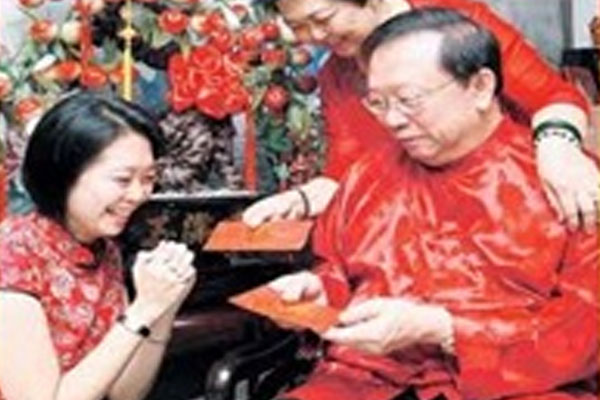
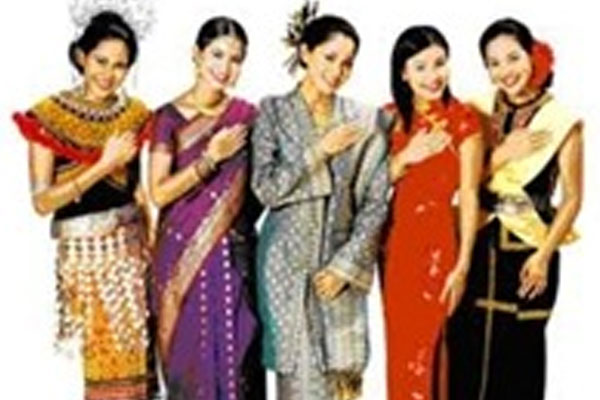
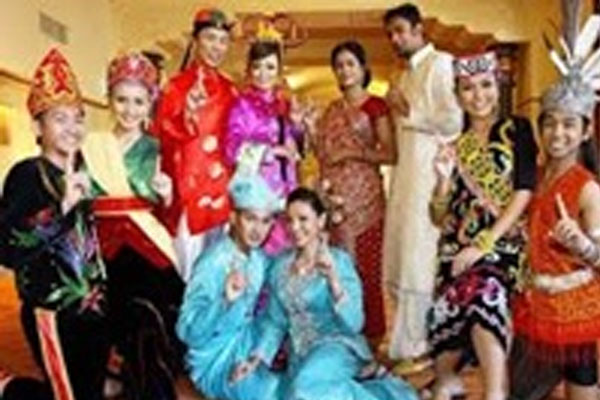
Language
Although the Malay language is the national language, English is widely used in Malaysia and remains the language of commerce, banking, and international trade. Other common language include Tamil, Mandarin, Hokkien, Cantonese, and several other dialects.
Food
Food comes in Eastern and Western varieties and they are so numerous that there is food to please every palate from gourmet to fast food, and cuisine to traditional. These varieties are easily available in hotels, food courts at shopping malls, restaurant, and sidewalk stalls and vendors of which Malaysia is well known for.
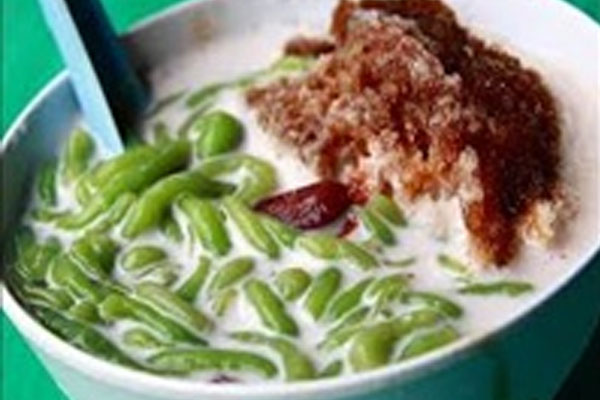

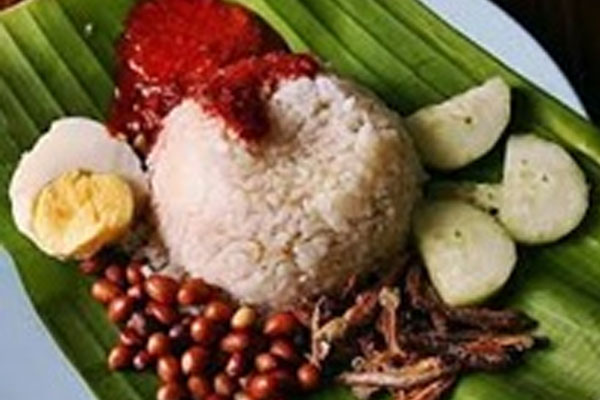
Currency Exchange
The Malaysian currency is known as Ringgit Malaysia (RM) and it comes in denominations of 100, 50, 10, 5, and 1 ringgit.
Most overseas currencies are accepted and easily exchanged at Malaysian commercial banks, and licensed exchange centres. To pay for tuition and other fees, students may send bank drafts to Malaysian banks or directly to the college via their local banks.
After the 1998 economic crisis, the Malaysian government has practised a controlled currency policy. No person is allowed to carry out of Malaysia foreign currency notes, including traveller cheques, not exceeding the amount brought in.
Should you need to carry ringgit notes, foreign currency notes and traveller cheques exceeding the permitted limits, prior written permission may be obtained from:
Director
Foreign Exchange Administration Department
Bank Negara Malaysia
Jalan Dato Onn
50480 Kuala Lumpur
MALAYSIA
Tel : 603-2698 8044 / 2698 9044
Fax : 603-2694 3991
http : //www.bnm.gov.my
Banking Services
While you are in Malaysia you need to have a bank account. Malaysian commercial banks offer up to date banking products and services that will make managing your finances easier. Those products and services are: current account, saving account, automatic teller machine card, term deposits, telegraphic transfer, foreign currency, etc. You may arrange for a bank account to be opened for you before leaving home, or you may bring a bank draft and deposit it in an account when you arrive.
Banking Hours:
Mondays – Thursdays: 9.15 a.m. to 4.30 p.m.
Fridays: 9.15 a.m. to 4.00 p.m.
Saturdays (major branches) only : 11.00 a.m. to 2.00 p.m.
Sundays : Closed
Most banks are closed on the first and third Saturdays of the month.
Transport in Malaysia
Travelling in Malaysia by means of public transportation is comfortable, reliable and relatively inexpensive. The most common means of transportation are the buses, taxis and trains. Alternatively, students may purchase their own vehicles. For motor vehicles, students must have valid driver license and proof of ownership. An international Driver License is valid for use in Malaysia. Students must also register their vehicles with the college.
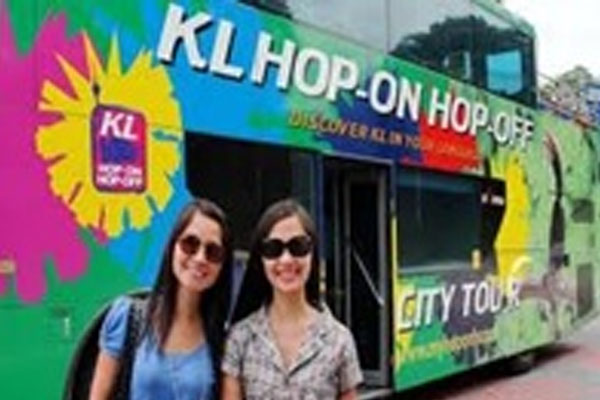
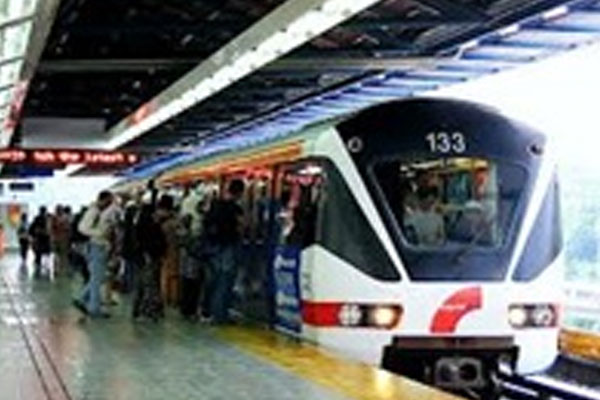
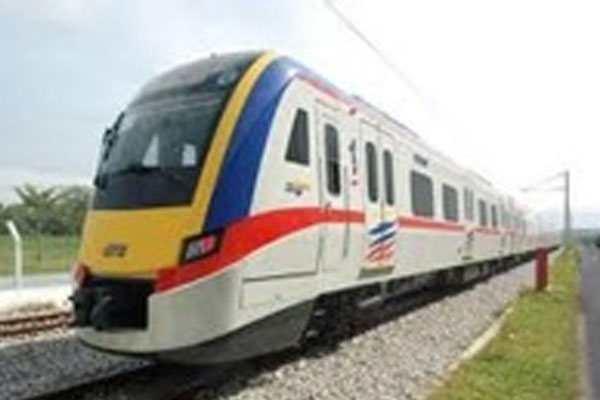
Health Care and Insurance
International Students must purchase Medical and Health Insurance from EMGS (http://www.educationmalaysia.gov.my/) that must be valid for the period of the Student Pass. EMGS Insurance meets a required minimum standard and packages are available at different levels of cover.
Visa requirements
According to the rules and regulations of the Malaysian Immigration Department, all international students (full-time and foreign exchange students) are required to have a valid Student Pass in order to study in Malaysia. The government agencies responsible are the Malaysian Immigration Department and the overseas Malaysian diplomatic missions (i.e. Malaysian High Commission, Consulates or Embassies).
Visa requirements for a foreign student are simple and straightforward. Before you can begin your studies you must apply for a Student Pass. This application is made in your behalf by your chosen institution to Education Malaysia. Once you have successfully applied for a Student Pass you will have to get a single entry visa through the Malaysian Embassy or High Commission in your home country. Education Malaysia cannot apply for this visa on your behalf. Please contact your local diplomatic mission. Entry visa requirements are set by the Department of Immigration.
Foreign students need to meet the following criteria:
- Have an offer of study from at a public or private higher educational institution
- Have the financial capability to meet the course fees and other expenses related to living and studying in Malaysia
- Be in good health and of good character
- Intend to reside in Malaysia for education purposes only
